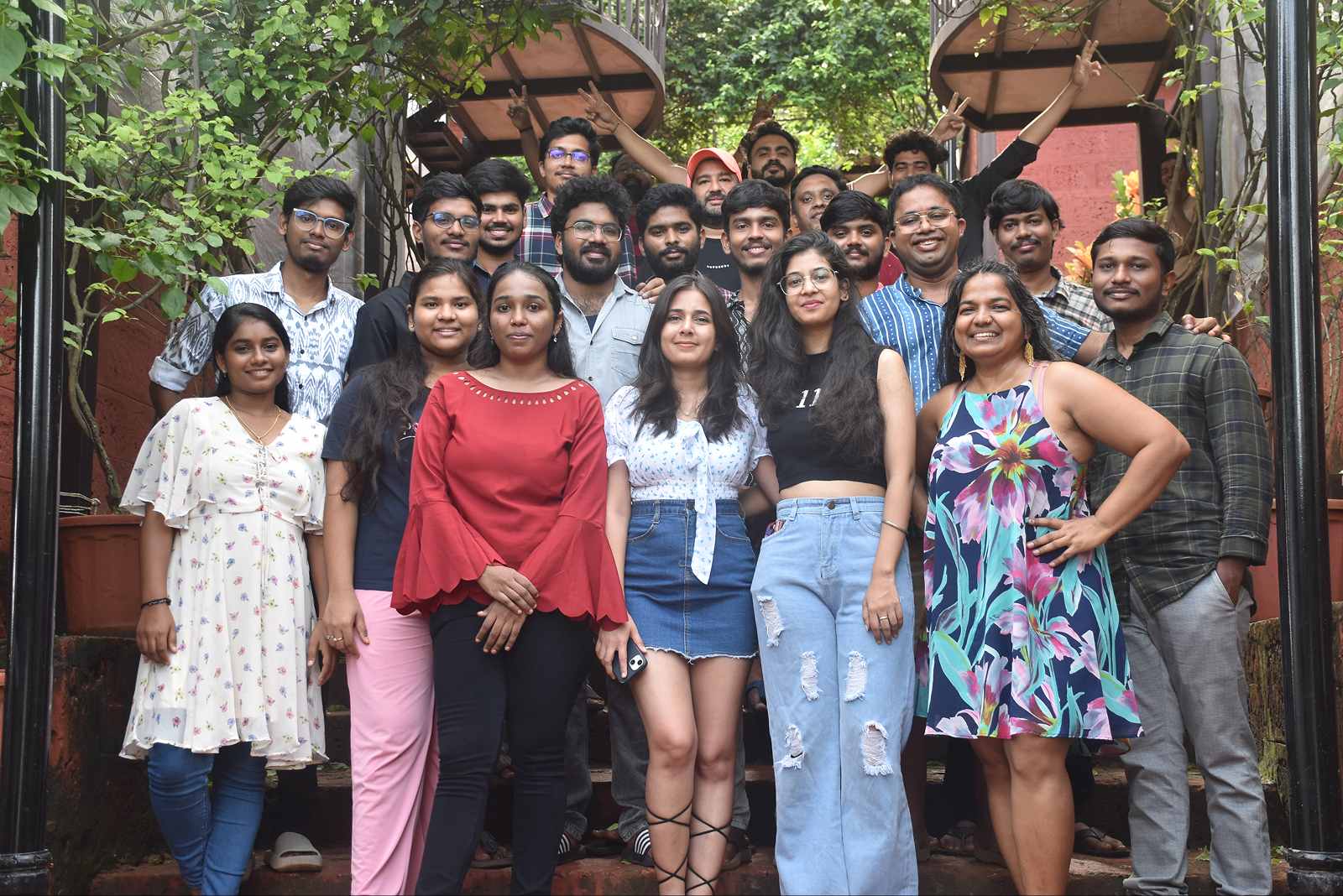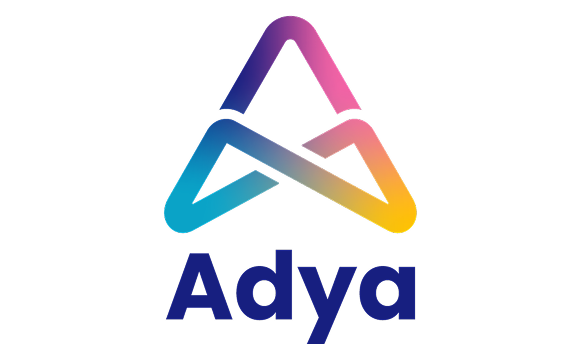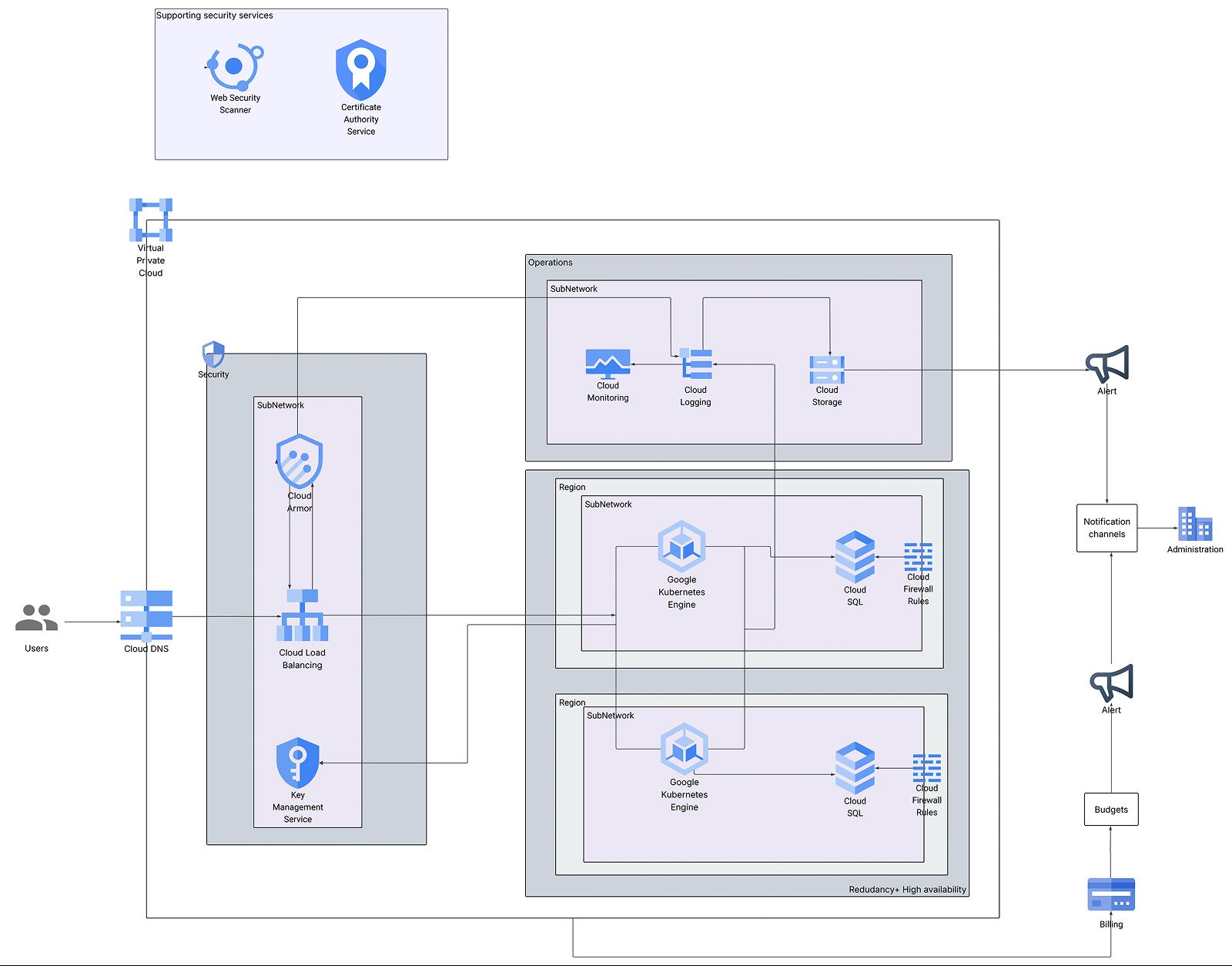Accelerated time-to-market by 30% with Gemini AI-powered coding
Fine-tuned LLMs building costs reduced by 85% with 21% performance improvement with Vertex AI
Localization of over 20 Indian languages with low latencies using Chirp 3
Multi-agent orchestration is 10 times faster with the module's event-driven architecture
Leveraging Google Cloud, Adya delivers secure and AI-powered platforms to transform business workflows to deliver enhanced efficiency and cost savings at scale.
Leveraging Google Cloud, Adya delivers secure and AI-powered platforms to transform business workflows to deliver enhanced efficiency and cost savings at scale.
Transforming enterprise AI capabilities with Google Cloud
We started natively on Google because Google Cloud had the easiest interface, a very good account management team that provides a lot of customer support, and engineers who supported us quite a lot.
Shayak Mazumder
Founder, Adya
Even as artificial intelligence continues to grow as a tool, not everything is created equal. When it comes to options on the market, many AI solutions are built as 'wrappers,' which are software layers that manage interactions between the user and the model. Being essentially user interfaces or integrations that sit on top of existing AI models, such wrappers may have middleware that is not entirely reliable.
Adya offers a better alternative since it focuses on a more integrated, holistic solution that may involve developing its own models or combining multiple models in a unique way, rather than just wrapping existing ones. This could involve creating a more specialized or customized AI solution for a specific purpose, rather than a generic wrapper around a large language model.
This is where Adya appeals as a one-stop solution for all business needs, powered by AI agents with a highly secure architecture.
Multiple moving parts are to be expected in the enterprise environment, and the company recognized that the more easily it can break down workflows into more efficient processes, the more organizations will tap into its capabilities. This requires a strong foundation, one that Google Cloud can provide in many ways.
"We started natively on Google because Google Cloud had the easiest interface, a very good account management team that provides a lot of customer support, and engineers who supported us quite a lot," says Shayak Mazumder, Founder and CTO of Adya.
"In addition to giving us various kinds of go-to-market and account management support, Google's customer support engineers are spectacular. They'll come, and they'll help answer your questions. Similarly, when we were trying to set up the virtual private cloud, Google's customer support engineers spent two months with us building out the entire architecture."
Playing key roles in helping Adya and its solutions quickly and efficiently provide what customers are a wide array of Google Cloud products and services: Google Kubernetes Engine (GKE), which allows Adya AI Cloud Studio users to choose whether they want a Kubernetes cluster for deploying their solutions, offering flexibility in infrastructure choice; Virtual Private Cloud to ensure data security and isolation for different environments; and Gemini, for coding and building applications, building fine-tuned LLMs, and creating AI agents and co-pilots; and Vertex AI for building, tuning, and deploying ML models and generative AI.
Empowering users with simplicity and depth
Adya empowers anyone to create customized solutions tailored to their specific needs. Unlike many of its competitors, Adya offers a low-level abstraction allowing for highly customized and robust enterprise-grade workflows. Users can choose to drag and drop components instead of worrying about coding, as the underlying technologies do the heavy lifting.
At the heart of this is a system that combines six individual platforms, each relying on the capabilities of Gemini, GKE, and others. To further simplify the process, Adya has the capability of AI building AI, which takes and understands user intent, pulls the right components, and constructs the agent. Combinations of vector databases, RAG databases, knowledge graphs, models, and over 200 integrations enable the creation of a bespoke agent for any use case.
Something that used to take us months to do – three, four, sometimes 10 developer months – today, can be done in one hour or even 15 minutes. The App Studio difference is that other platforms are not able to build agents.
Shayak Mazumder
Founder, Adya
The next critical component is multi-agent orchestration with an event-driven architecture, together with a Pub/Sub mechanism that is 10 times faster than other similar solutions. In addition, Adya built a framework that eliminates the need for a central orchestrator, where each agent is fully autonomous and can decide whether to perform the task, propagate it to another agent, or create a new agent.
As for application creation, Mazumder points to what the team calls App Studio. "What we've done is we have created a sequence of AI agents. One handles UI/UX, another handles business requirement documentation and so on for system architecture document generation, backend and frontend coding, QA testing, and deployment. That means you can now actually go and have a chat with the AI, it will understand what you're trying to do, and create the entire application for you," said the founder.
"Something that used to take us months to do – three, four, sometimes 10 developer months – today, can be done in one hour or even 15 minutes. The App Studio difference is that other platforms are not able to build agents. More importantly, our platform enables you to create the entire application and integrate it with your existing one."
For developers seeking an open-sourced approach, Model Studio is where they can choose any of the models and build a fine-tuned LLM. One such setup saw LLMs outperforming competitors by 21% at 85% lower cost.
Greater control can also be exerted through Adya's Cloud Studio, where users can deploy solutions on Google Cloud with granular control. Kubernetes clusters can be customized, virtual machines can be deployed, and security and tenant options can be adjusted. This provides complete visibility and observability over the cloud.
The final component for Adya’s system is the Adya’s Marketplace, where developers can launch and monetize their solutions built on the platform.

Securing data and responsible use of AI
AI allows you to create systems that natively behave like humans. So if you're able to talk to it, then you don't need to learn how to use it. So that entire layer goes up, and that is where AI is bringing in a sea change in adoption.
Shayak Mazumder
Founder, Adya
As a business that provides solutions for companies and enterprises, security is understandably a critical aspect for Adya. There is a need to cater to developers and startups, as well as key technical personnel, but also to less technically inclined users. Security is thus maintained at multiple levels to ensure that data is always safe and secure.
Adya achieves this on the agent level, the protocol level, and the model level. Based on the architecture of the customer, the platform can adjust accordingly from virtual private clouds to public clouds, port controls, access controls, encryption, Endpoint Detection and Response (EDR), and even Extended Detection and Response (XDR). All processes undergo rigorous penetration and security testing to ensure they meet the required standards.
LLMs are harder to handle on the security front, and Adya utilizes Adaptive Learning Protocols (ALPs) for every user query to determine whether it has system or data-level implications. The protocols determine whether access rights are being violated before any information is shared.
All data is handled responsibly in terms of storage and use, a point that Mazumder is keen to emphasize. "The ALPs ensure that there is no wrong interpretation of laws, processes, or SOPs. Beyond that, we use guardrails to ensure that AI is not doing something unethical. Everything goes through the battery tests. Responsible AI use comes into play on multiple levels, so you have to look at ethical considerations, and you have to look at observability. So we have set up an entire observability suite, we've set up the ALPs, and all of this together combined to create responsible AI use at Adya," Mazumder explains.
With Adya's position and potential to help, the team understands the value of extending a helping hand with AI to those who can benefit greatly. Mazumder shares that the company is "mindful that AI has to reach every last corner" and, to that end, is providing complete and free access to the entire platform for organizations such as Headstart, which supports startups, universities, developers, and female entrepreneurs, to reach the next level of their growth.
"AI allows you to create systems that natively behave like humans. So if you're able to talk to it, then you don't need to learn how to use it. So that entire layer goes up, and that is where AI is bringing in a sea change in adoption," concluded Mazumder.
Adya is well-positioned to continue building on its successes. With even more products due to launch in the coming months, and with further collaboration with Google, organizations looking to improve their working processes will soon have more options to choose from.

Adya is a tech company with two primary business segments: Adya, a SaaS-based data security platform that protects data in cloud applications, and Adya.ai, an AI-powered platform that transforms enterprise workflows into AI-powered agents and copilots, improving efficiency and driving cost savings.
Industry: Technology
Location: India
Products: Google Cloud, Agentspace, BigQuery, Gemini, Google Kubernetes Engine, Firebase, Pub/Sub, Vertex AI, Virtual Private Cloud













